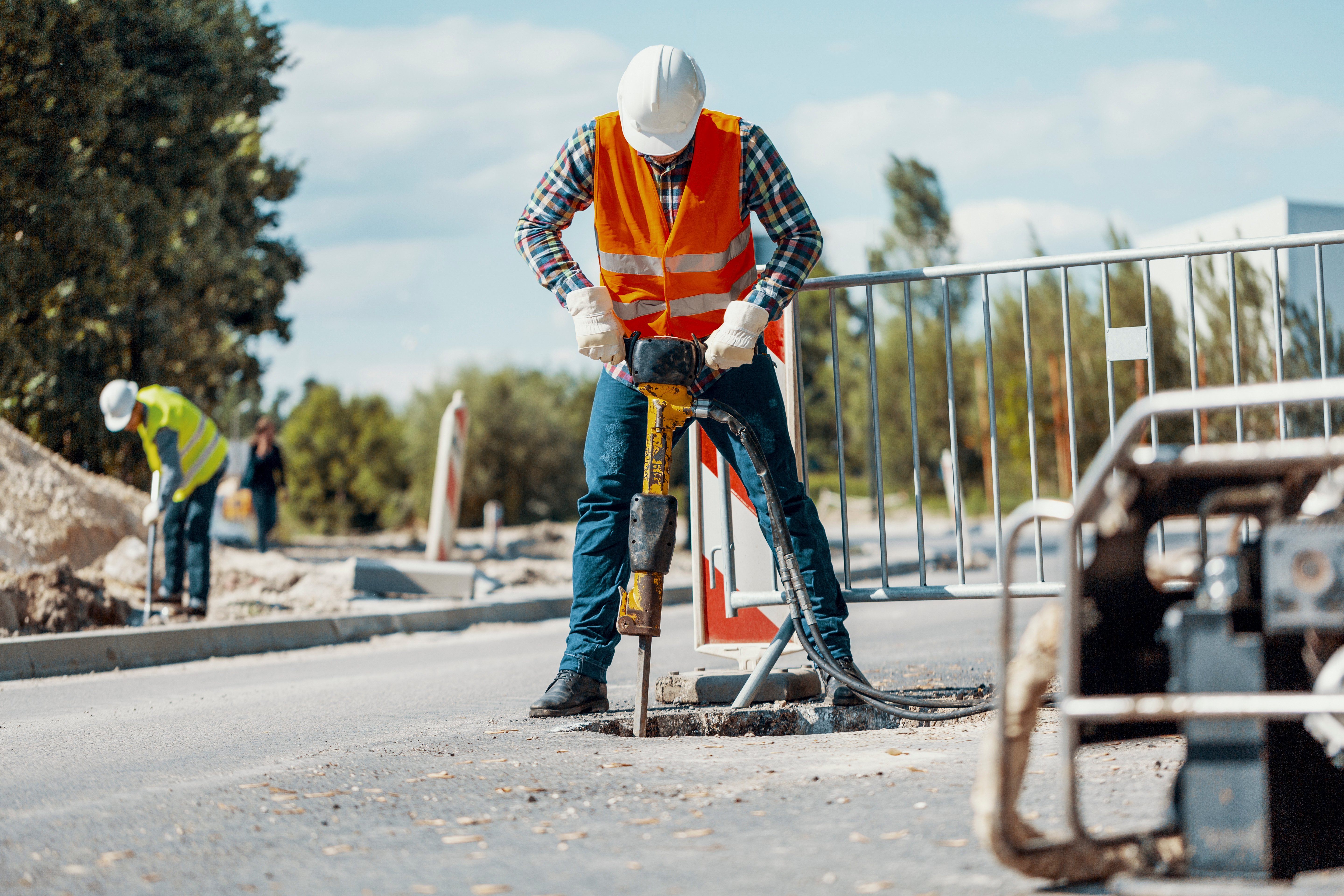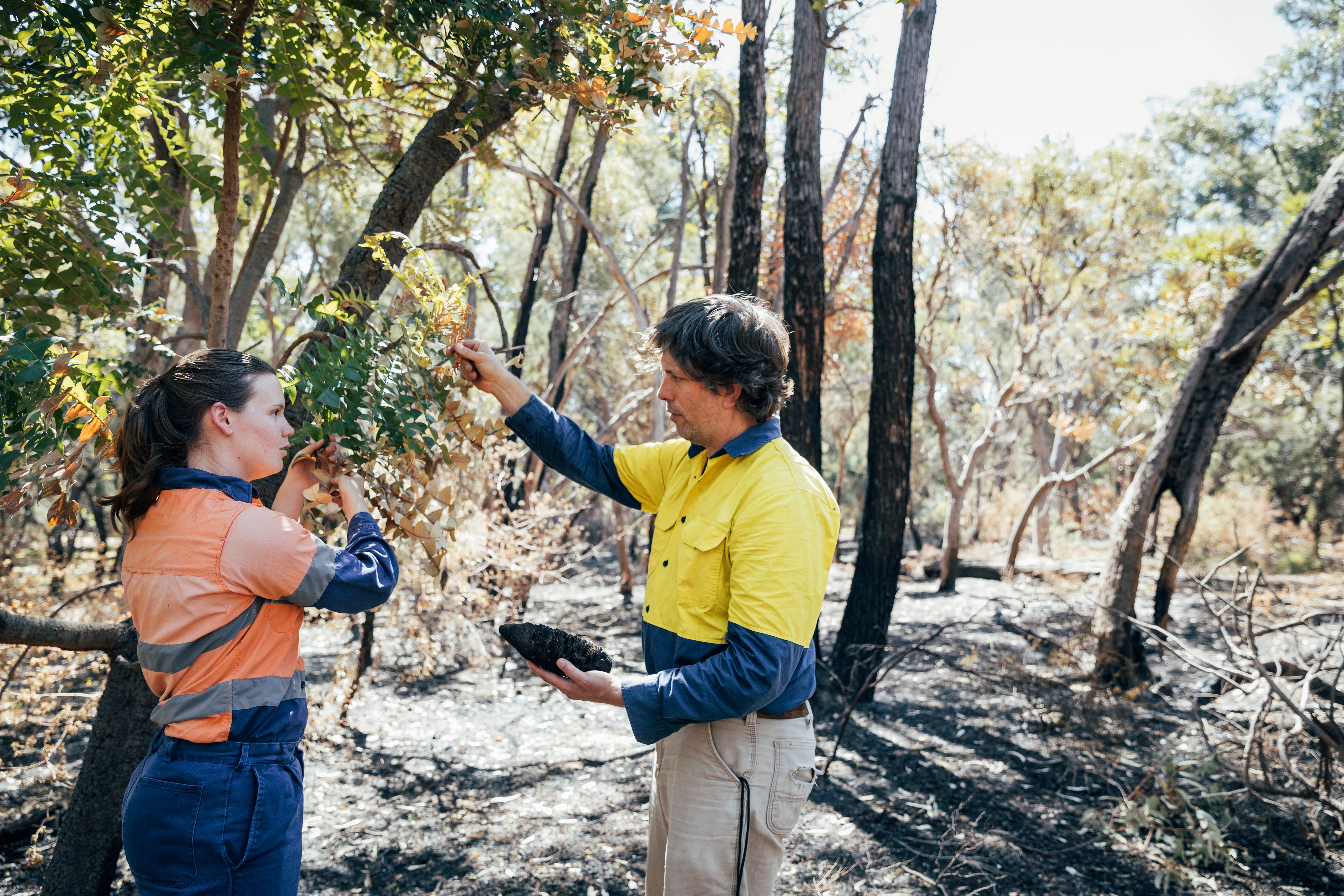Table of contents
Recommended for you

Simplifying the journey to actionable insights
Absolutely no one should have to deal with death threats, physical abuse or verbal harassment when they come to work. And yet increasingly this sort of behaviour is becoming ‘part of the job’ for community facing members of councils as they face growing hostility from the community.
Local Government New Zealand (LGNZ) reported 53% of elected officials indicated that abuse had worsened, with 65% of them saying they’d experienced online abuse. The issue is not limited to elected officials though, with frontline workers also increasingly dealing with threats and aggressive behaviour from those they serve.
Council's reputation is being felt by employees
.png?width=580&height=376&name=Edition%204%20Councils%20rep%20is%20felt%20by%20employees%20(1).png)
It’s a tough gig working on Council’s frontline – and it’s getting tougher. Feeling underappreciated by the very group of people you are working to make a difference for day in day out can take it’s toll alongside increasing workloads. Throw community incivility into the mix and it can start to feel pretty dire.
The true impact of incivility
- An unsettling number of elected officials are now choosing not to stand for election, citing abuse from the community.
- During Mental Health Awareness Week in New Zealand and with Australian Mental Health Month just around the corner it's a timely moment to consider the lasting impacts of community incivility on frontline staff: fear, anxiety, heightened stress, burnout, and decreased job satisfaction.
- The upshot of all this for councils? Higher turnover rates as workers seek safer and more supportive environments will only exacerbate the problem. Managing the well-being of your team gets harder in the face of staff shortages.
Prevention is better than a cure
What better time than this week to ask yourself these questions :
- What more can Council proactively do to reduce the incidence of incivility?
- How can Council better protect the mental health and well-being of your frontline staff?
Here are a few thought starters based on our discussions with councils
Address community tension points before they flare up : Take the time to understand the frustrations and potential tension points in your community and prevent them from becoming bigger issues that put your frontline at risk.De-escalation training : Upskill and empower your front line with the skills to recognise and calmly diffuse tension before it erupts.
Community awareness campaigns : Councils, such as Auckland Council employ this tactic aiming to humanise frontline staff, build empathy and educate the public.
Get the right support in place : Ensuring immediate access to mental health resources such as Employee Assistance Programs (EAPs) is a must. Consider also implementing post-incident debriefing sessions, peer support networks or online forums and regular mental health check-ins for affected staff.
Don’t guess. Ask
Your frontline are on the coalface and have a wealth of lived experience, learnings and ideas they can contribute. Ask them!
In our experience, you’ll likely be rewarded with innovative ideas that will make a difference. Act on them, measure the impact and celebrate the wins – or course correct if you need to.










